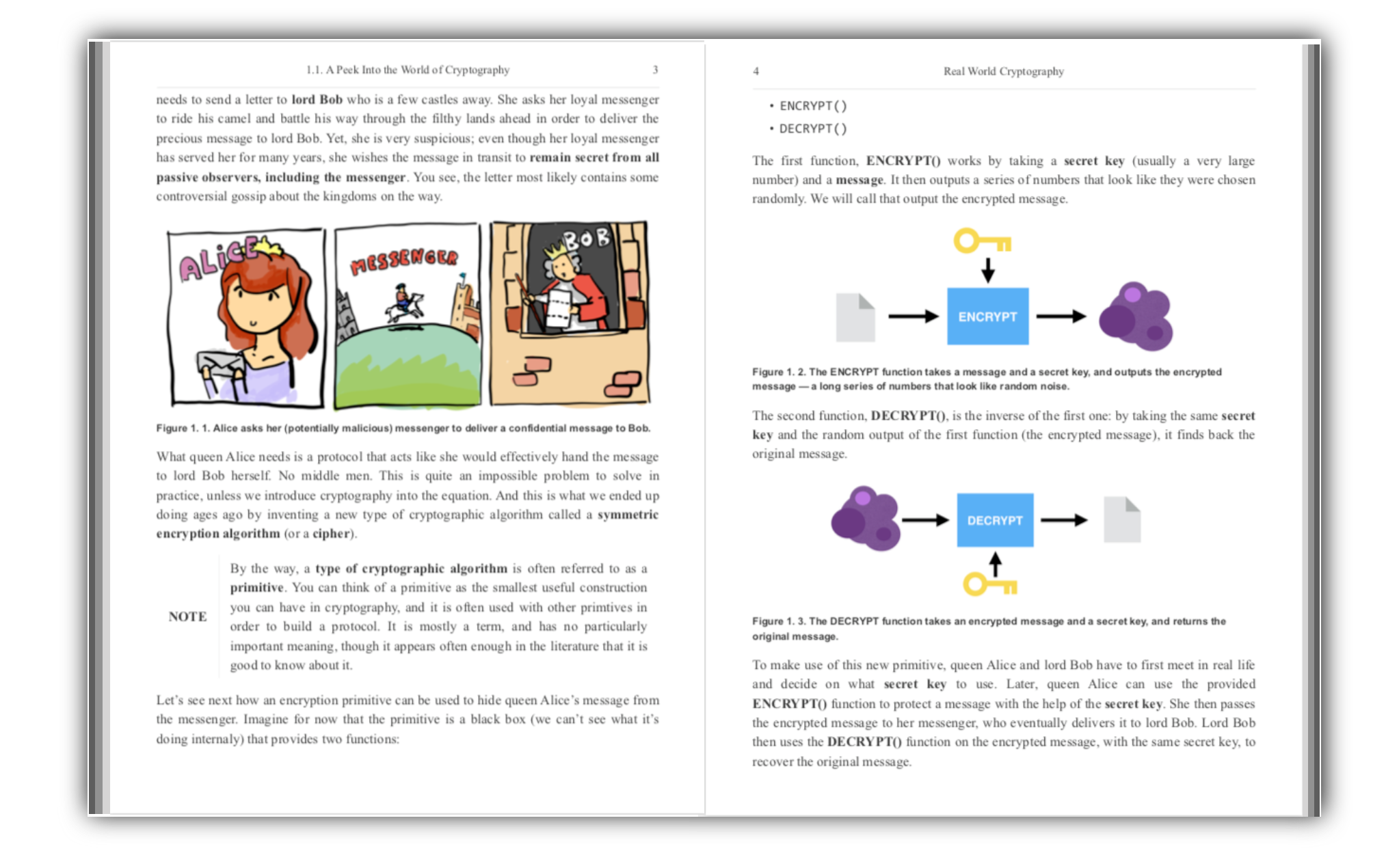Don't go in debt, and other mistakes not to make when receiving stocks or crypto tokens as payment posted October 2024
Years ago, naive me lost a lot of money because he was too stingy to hire a financial advisor, and too lazy to do some basic research. Hopefully you don't make the same mistakes. It took me a while to post this because, I didn't know if I should, I didn't understand the trouble I was in really, and I felt really dumb at the time.
Disclaimer: if you are in this situation don't just trust me, do your own research and hire your own financial advisor.
It all started when some of my coworkers at Facebook warned me that when the financial year came to an end, they realized that they still owed dozens of thousands of dollars in taxes. This might sound like an outrageous number, but one might think that it's also OK as "if you earn more it's normal to pay more taxes". Years later, when this happened to me, I realized that I could almost have ended up in debt.
Let me explain: stocks or tokens that you receive as payment is paper money, but not for the IRS. For the government it's worth as much as the "fair market value" of that stock or token at the moment your employer sends it to you. For the government, it's like income in USD, so they'll still tax you on that even if you haven't converted these in USD yourself.
Let me give you an example: your company has a token that's worth 1,000,000 USD. They send you 1 token, which the IRS will see as an event of you receiving one million dollars of income. In that moment, if you don't sell, or if you're too slow to sell, and the price drops to 1 USD, you're still going to owe the IRS one million dollars.
What's tricky is that even if you decide to sell the stock/token directly, its fair market value (however you decide to calculate it) can be highly uncorrelated to the price you sell it at. That's because tokens are known to be fairly volatile, and (if you're lucky) especially during the time it takes to receive and then sell it.
If that's not enough, you also pay taxes (called capital gain taxes) when you sell and convert to USD, and these are going to be high if you do it within a year (they'll be taxed like income).
OK but usually, you don't have to care too much about that, because your company will withhold for you, meaning that they will sell some stock/token to cover for your taxes before sending you the rest. But it is sometimes not enough! Especially if they think you're in some specific tax bracket. It seems like if you're making too little, you'll be fine, and if you're making too much, you'll be fine too. But if you're in the middle, chances are that your company won't withhold enough for you, and you'll be responsible to sell some on reception of the stock/token to cover for taxes later (if you're a responsible human being).
By the time I realized that, my accountant on the phone was telling me that I had to sell all the tokens I had left to cover for taxes. The price had crashed since I had received them.
That year was not a great year. At the same time I was happy that while I did not make any money, I also had not lost any. Can you imagine if I had to take loans to cover for my taxes?
The second lesson is that when you sign a grant which dictates how you'll "vest" some stock/token over time, you can decide to pay taxes at that point in time on the value the stock/token already has. This is called an 83b form and it only makes sense if you're vesting, and if you're still within the month after you signed the grant. If the stock/token hasn't launched, this most likely means that you can pay a very small amount of taxes up front. Although I should really disclaim that I'm not financially literate (as you can see) and so you shouldn't just trust me on that.


Comments
thor
great post david!
leave a comment...